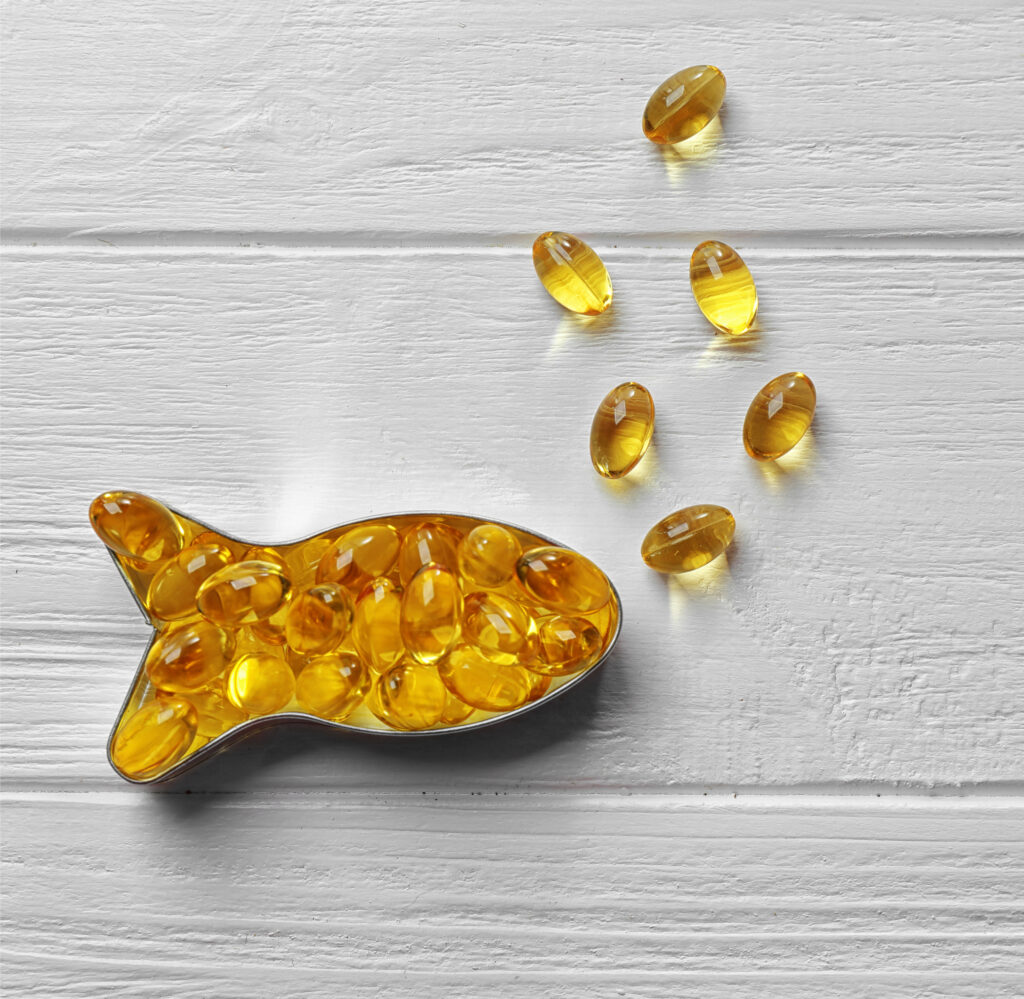Food supplements or…?
A balanced diet is trendy today. More and more people are educating themselves about healthy nutrition and self-care because all of us realize that our health, our looks and performance depend, to a significant extent, on what we eat. However, what has been served on our plate doesn’t always mean we get enough of what our organism really needs. What can be done about it?

Variety or deficit?
A perfect menu is more of an illusion today. Although supermarkets offer an astounding array of various products catering to any taste and wallet, most of us do not have a balanced diet. Of course, fashion magazines and Instagram bloggers provide us with a screaming amount of information concerning proteins, carbohydrates and fats, and we can accumulate and process a lot of data if we really keep up with the topic. The situation, however, gets a little tricky when it comes to micronutrients — vitamins, minerals, trace elements, the biologically active compounds.
The biological value of food has seen a staggering decrease in recent decades. The world of cutting-edge technologies aims at modernizing and streamlining all processes in the chain between agriculture and delivery of ready-made goods. We want food to be produced faster, cheaper, and in greater amounts: the pursuit of maximum yield, early ripening, varieties and breeds that can be stored longer led to the loss of substances necessary for the human body. For instance, vegetables have lost about 43% of iron, 15% of vitamin C, and about 40% of vitamin B2. Fruits, unfortunately, did not become an exception. Now our meals are made of more and more refined products that have lost many of the necessary ingredients. The heat treatment takes away between 25% and 100% of vitamins and minerals from the food we consume. The conclusion we make here raises a serious concern: according to scientists, almost half of the population of European countries lacks vitamins, minerals, essential amino acids, polyunsaturated fat and other important components in nutrition. If our organism consistently experiences a shortage of these elements sooner or later our health starts breaking down.
How to escape the vicious circle
Nowadays, we have access to all sorts of information and we can collect it and process it to adjust our regimen to the needs of our health. So, how do we go about the shortage of nutrients in our diet? One of the options is to turn to popular products rich in vitamins, minerals, and microelements. For example, yoghurts, cottage cheese, kefir additionally “seasoned” with calcium, vitamins, probiotics – not bad at all, right? Milk enriched with vitamins A and D is also a nice choice, and the higher the percentage of the fat content of the product, the better the body will absorb and process them. However, it may cause inconvenience to people who can not consume products rich in fat. There was a nice attempt to enrich bread with nutritional supplements but bread makes up a mere 3% of the food production volume. As we can see, the more we learn about things the more questions arise. One of them, by far, the toughest one, is how to calculate smart and plan adequately our diet if different products contain different sets of vitamins and nutrients in different proportions.

There is another, more efficient solution to the conundrum. “Food supplements are intended to correct nutritional deficiencies, maintain an adequate intake of certain nutrients, or to support specific physiological functions. They are not medicinal products and as such cannot exert a pharmacological, immunological or metabolic action. Therefore their use is not intended to treat or prevent diseases in humans or to modify physiological functions”, says European Food Safety Authority . Are you still in denial? Food supplements are most often completely natural products. They are produced using vegetable, animal, marine, mineral raw materials receiving precious concentrate from useful substances. It is worthwhile to remember that most of them our body can not synthesize, — it can only get them ready, therefore they are called irreplaceable.
Food supplements differ in ingredients and properties
To keep it simple, we divide them into three groups:
The first group complements the diet and helps to make it more balanced. It includes vitamins, minerals, amino acids, and polyunsaturated fatty acids.
The second group includes dietary supplements that are used as aids in the treatment of diseases. They are not medicinal substances but they represent a support team for an organism in a period of stress, illness or high demands from the outer world. These are organic acids, bioflavonoids, and glycosides.
The third group are food supplements-probiotics, which normalize the state of intestinal microflora that predetermines the strength of our immune system.
There are also a number of co-formulated substances that combine the properties of different groups. Moreover, some supplements do not have any ingredients of animal origin, which makes them perfect for vegetarians and vegans.
All in all, the priority function of dietary supplements is to enable people to efficiently manage their health. Assuming control and responsible attitude to health is a matter of individual choice.
Learn more about WHAT WE EAT?
What to learn more? Read here:





